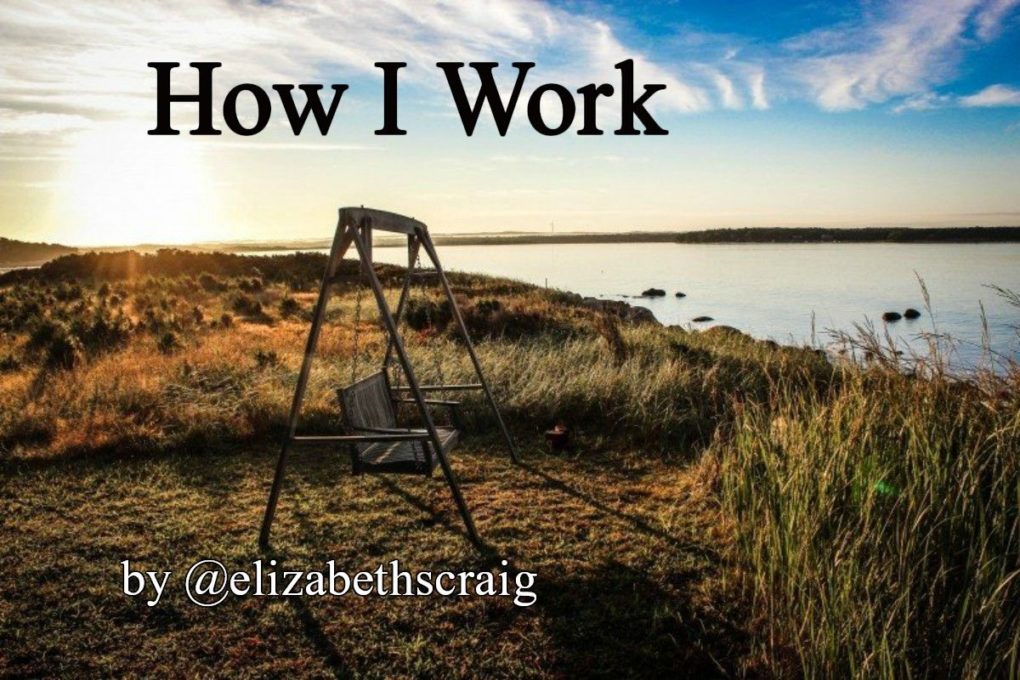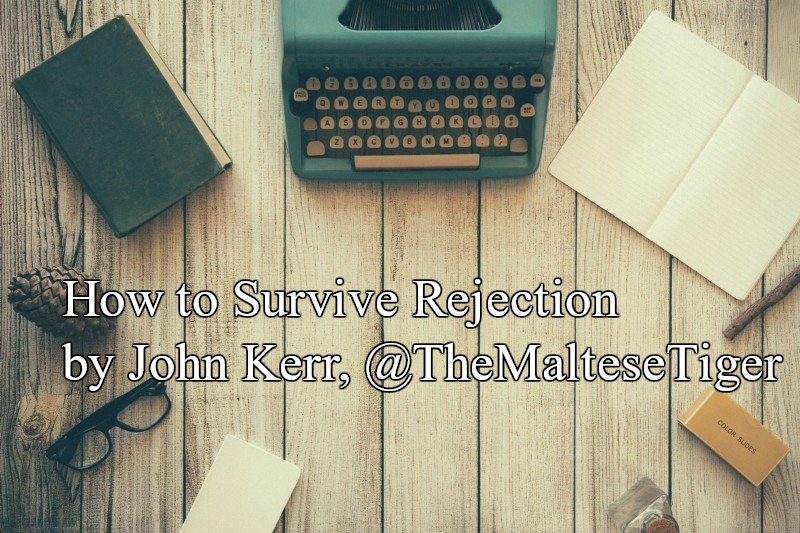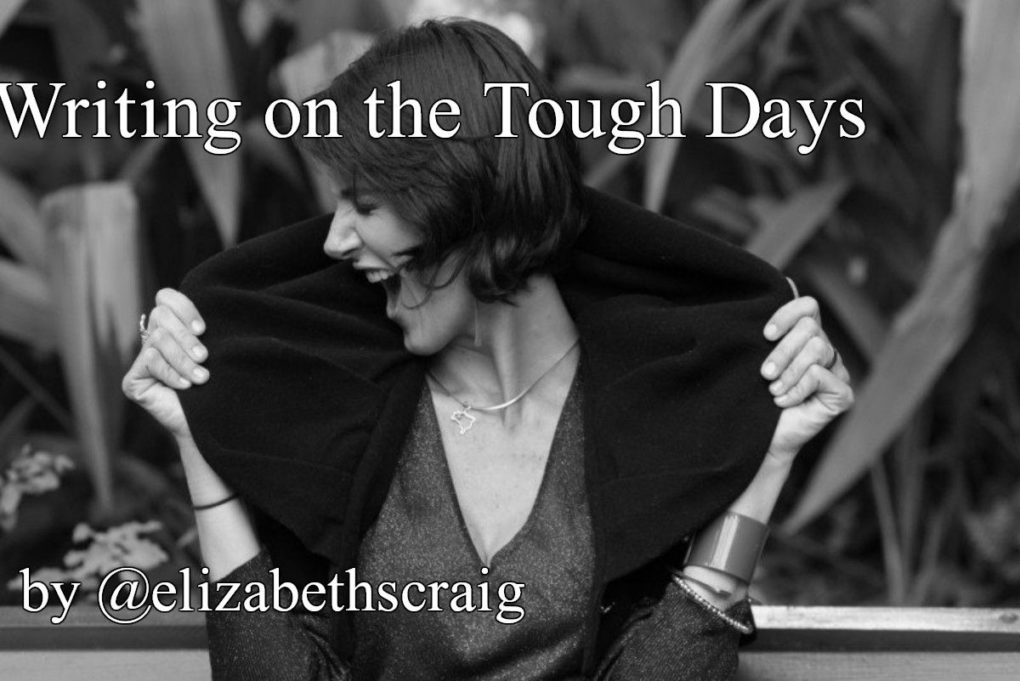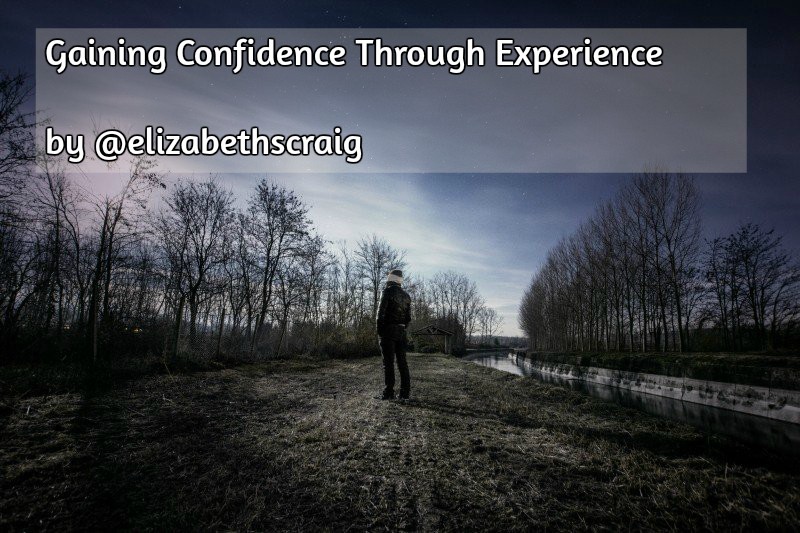By Joanna Campbell Slan, @joannaslan
New Release
March 18 marked the birthday (aka, release date) of my newest book, Second Chance at Faith: Book #4 in the Second Chance Series. There will be typos. Groan. I’m sure of it.
I’m fortunate enough to have several terrific proofreaders who read over my work before it’s available to the public. No matter how many pairs of eyes view the document, I’m always amazed at the different mistakes each person catches.
Nowhere on the Map
For example, one of my readers pointed out that there is no such place as Gibsontown, Florida. It’s actually Gibsonton.
Men, Man, Woman, Huh?
Another proofreader noticed that I kept writing Highwayman when I meant Highwaymen. I can’t explain that. I think it’s because the title is already confusing because there are 25 men and one woman. That’s my best excuse. So are they Highwaymenandwoman? Or Highwaypeople? Discerning readers will want to know.
Birds of a Feather
Another reader noticed that “snowy white egrets” should actually be Snowy Egrets. That’s their name. So, I knew they were snowy. I knew they were egrets. I didn’t know their proper name was Snowy Egrets. All this time, I thought people were being descriptive when they were being accurate. Sigh.
Sven Again?
Someone pointed out that I’d named a character “Sven” in another book, and I’m using the name again. Oh, golly. I’ve never known anyone named Sven. Ever. Somehow, Sven’s the only Scandinavian name that comes to mind when I write. Go figure. Here’s another odd factoid: My sister had our DNA tested and I’m…wait for it…Scandinavian. I had no idea. (My mother was adopted, so all this came as news.)Continue reading






